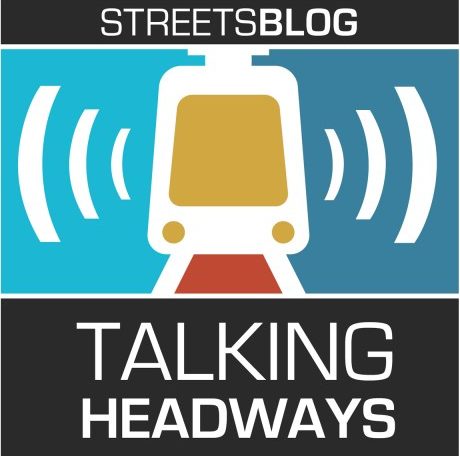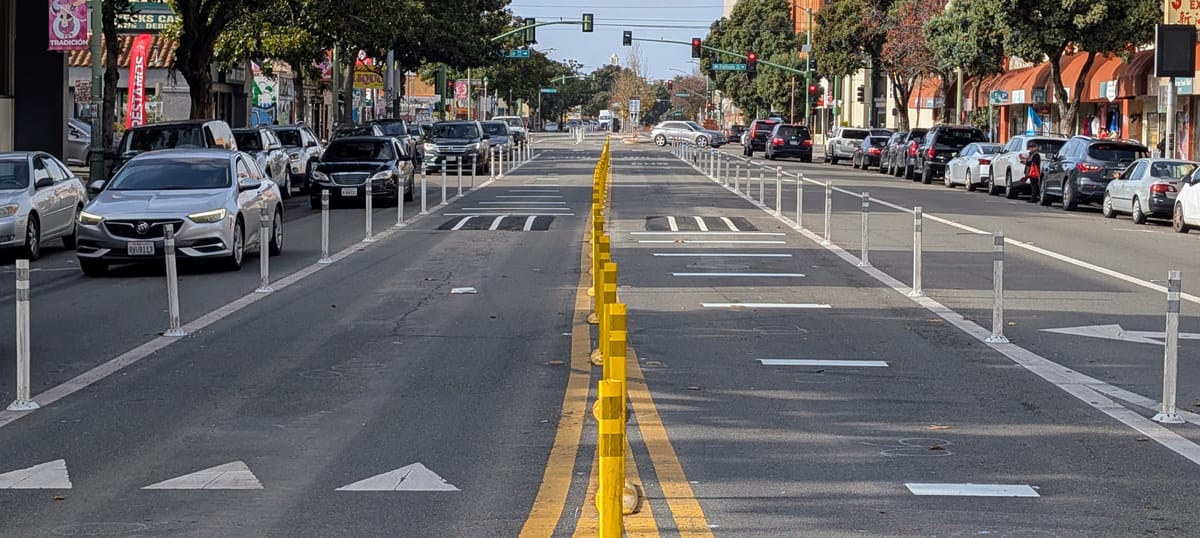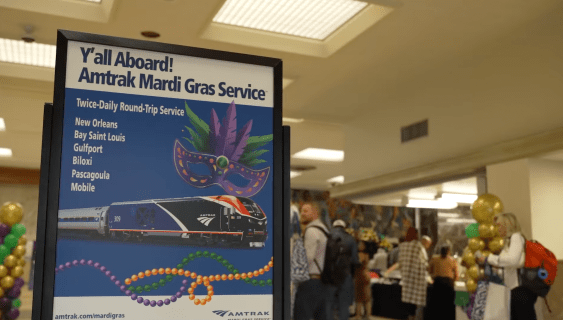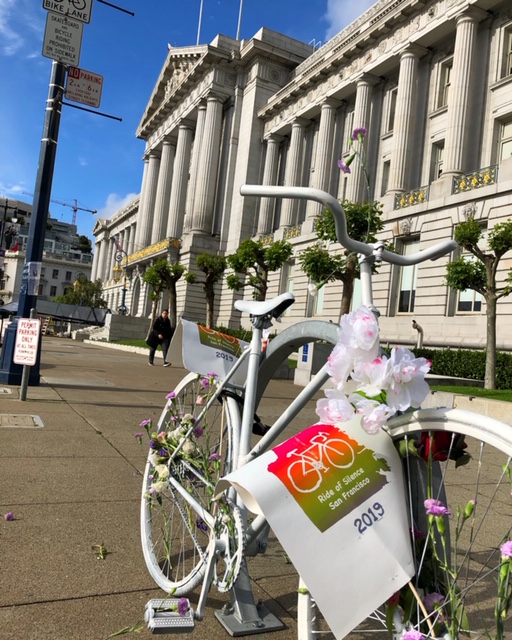This week, we're back chatting with Josh Stephens, contributing editor to the California Planning and Development Report. This week, we chat about race, housing, the Olympics, and L.A. in the movies.
For those of you who preferred to get your news through your eyes instead of your ears, there is a transcript below the audio player (a full unedited transcript is here):
Jeff Wood: Why do you hate the Olympics, Josh?
Josh Stephens: Right? Why can't we have nice things?
JW: I want to preface that question a little bit, too. Yeah. As a former athlete and somebody whose main goal was getting to the Olympics, the Olympics were kind of the highest and best vision of what our sport, track and field, which is what I did, could be. And I went to the Olympics in 2012 in London and I had the best time ever. I think it was probably one of the best trips I've ever taken. I fell in love with the city that I already knew I loved, I fell in love with the people from all over the world that I already knew I loved. Oh, it's getting me emotional.
It's like, it felt like how the world should interact with itself, right? Everybody loved you, whether you won, or you lost, whether you are competing or just a spectator, you were singing with people randomly on trains. You were enjoying food with people from other parts of the world. I think that we have this kind of discussion going on that mostly revolves around in fighting between trades and war and countries. And I felt like it brought out the best in what people can be. And so I understand the problems with the Olympics in terms of spending, in terms of having to build these monuments to these regimes, et cetera.
But, at the same time, I've seen the best of it as well. So that's kind of the preface to why I'm asking that question. And I'm not, like I said, I'm not attacking you. I understand all the arguments, but I find the pushback against the Olympics interesting. Especially coming from my perspective.
JS: No, that's a really fair question. I appreciate that. And you know, I'm a volleyball player and I've never had Olympic aspirations by a long shot, but you know, volleyball is also a sort of, you know, shall we call it not a major league sport and does get its attention to the Olympics. And you know, some of my childhood heroes were Olympic volleyball players, so totally. So how would I say this, because I want to respect your premise, which is that I have written stuff that was critical about the Olympics. You know, when L.A. was bidding on the Olympics, when Boston's bid imploded, I was a voice of caution and said some strong things about what I saw as sort of an automatic knee jerk embracing the Olympics.
Like, of course, we'll go for it because why wouldn't you? And of course this was after cities like Rio and Sochi and so forth, lost billions of dollars. So part of it was that concern, the deeper concern and the one that I stick to, because I do love things about the Olympics. And I'll talk about that, too. The concern I stick to is I don't want LA or any other city to need the Olympics in order to make itself a better city. I don't want us to say, "Well, we have to build transit for the Olympics," or, "We have to build housing for the Olympics," or, "We have to improve these public spaces for the Olympics."
I want us to say we should build transit and housing, the public spaces because it's good — it's good for Angelenos who live here, it's good for Angelenos who want to live here, and for those who will live here. I don't think we need this spectacle in order to justify it and identify things that'd be good for us, good for urbanism. So I like the Olympics as an event. And I think that all the things you said are true, it is a wonderful global event. It is inspiring. It's awesome. It's awesome when you're there, it is awesome as a symbol, and I totally support that.
And I think that I am particularly excited that L.A. can do it better than any other city. So when we did bid on it and when we did win it, my response is, "Great. Let's crush it. Let's do this so well because we know we can, we can spend less money and we have the venues." I think we do have this civic spirit. I think it is the kind of thing that can unify the city in a way that, as I've already said, generally, we're, you know, we're kind of not super unified.
So now that they're coming, I am all for it and I want to be for it for the right reasons. I would say that I had stronger words say about the NFL. I don't quite love the NFL. I think it's problematic in a lot of ways. It doesn't mean I won't go to a game, but I think that the pursuit of the football stadium was kind of a distraction and in contrast that one big spectacle, a couple of dozen Sundays a year versus the joy that everyday life and the investment in that facility versus investment.
And I know it was largely privately funded, thank goodness. But I think that it's easy to get excited about big flashy things, but I hope that at the same time we're excited about the Olympics and that we're excited about the football stadium that we also keep our eye on the everyday needs and the everyday delights of life in a city. So, yeah, Olympics — bring it on. I will go to it, but I don't want us to be distracted. I don't want us to do it right.
JW: I really appreciate that point. I think that part of the problem with our transportation spending generally is it seems like it's for something else, it's for development, it's for sustainability, it's for the Olympics. Why can't it just be for access? Why can't it just be for transportation and getting people to where they need to go? I feel like we're trying to sell something that's reallyimportant to our lives on other premises, because it goes back to those other discussions we were having about how long ittakes to do things and how hard it is to get a process where everybody can agree on something.





